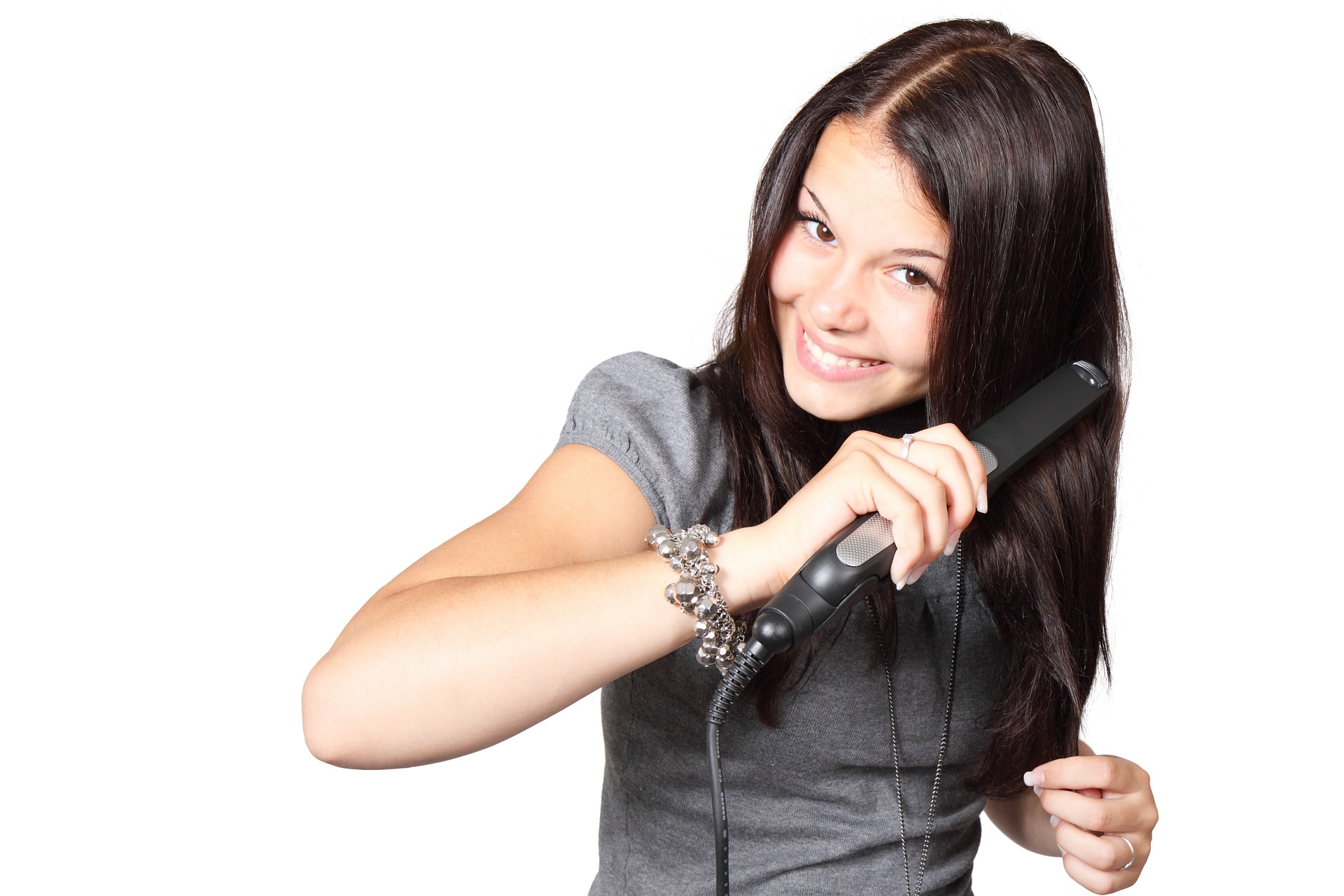
Subhead
Simple remedies for hair loss and thinning hair
Good article. As you didn't mention that some of the causes can be hormonal (Androgenetic alapecha) I will add some info here in case anyone benefits from this:
There are treatments that block some of the DHT (Dyhydrotestosterone) hormones from reaching the scalp and causing the hair follicles to miniturize. Over the counter FDA approved conventional treatments include finasteride or dutasteride (originally used as prostate medicines), but there is some anecdotal evidence that some herbs such as Saw Palmetto (typically sold in health food stores) can also block DHT and may have similar benefits to the above mentioned conventional medicines. Just use your favorite search engine to learn more about this.
Of course, if hair loss is a concern, and you have the finances, it is worth hiring a good trichologist as they will be able to advise you on correct diet, lifestyle changes (and where appropriate medicines) which can also have a knock on effect of improving your overall health.
Thanks for such an informative post. There are many home remedies for hair loss. One of them is using coconut oil for hair growth. It contains fatty acids that can help with hair growth and nourishment. Another one is using eggs to make a natural shampoo. Eggs contain protein that can help with your hair's elasticity and keep it from falling out.
There are many more home remedies for hair loss, but these two are the most popular ones that work great!
Well, the newest thing is post-Covid hair loss. Seems to be a rampant thing, mostly women but men get it too. Am going to the dermatologist next month so we shall see what they recommend for treatment.
I noticed when drinking green tea, my hair didn't fall out as fast. Then a few years later, a study from Korea by Seoul National University reported that epigallocatechin-3-gallate in green tea could spur the growth of human hair be encouraging the proliferation of dermal papilla cells while stopping hair cellular self destruction. But, I'm sort of at odds now. Green teas and other teas when brewed have elevated fluoride issues up to 7X the daily intake safe levels. I'm not sure about putting brewed lukewarm green tea on my head yet either. Recently, the Catholic University in Korea did the same test with a more detailed analysis. Perilla-Green tea and chameleon to treat spot baldness. This combo elevated the insulin-like growth factors for hair regeneration. In 25 days an increase of new hair growth follicles were observed. Maybe filtered water with no fluoride with the tea brewing could help. I just haven't had the time to try it yet. This is suppose to work well for both male and female, but not recommended for pregnant women because of the herbal effects on the fetus. Being a male, I'm not too worried about the last statement, but for a gal, it's understandable as pregnancy can change hormones and hair can fall out.
Years ago I read in the excellent ‘People’s Pharmacy’ column in the newspaper that MSM supplements (without glucosamine) help to reverse thinning hair. I’ve been taking them for about 14 years and my hair is healthy and normal thickness, better than it was before I started taking it. I believe that supplement is made up of compounds of raw fruits and vegetables. Anyway for anyone with thinning hair I think it’s worth a try, it certainly helped me.
In my (unprofessional) opinion, stated from experience, thinning hair has a root cause, no pun intended, concerning the thyroid not functioning properly because of lack of iodine.
You have made a good point. Many people are unaware that they suffer from Thyroid diseases. Thyroid imbalances can have subtle effects, but hair loss is one of the more obvious ones. I have been living with autoimmune thyroid disease all of my life and when the replacement hormone ratio is not balanced with my body weight I will suffer from hair loss, as well as depression and weight gain, water retention, and brain fog etc. Fortunately, if I have a doctor willing to review my clinical symptoms as opposed to accepting the blanket and variable TSH test results, then my outcomes are drastically improved.
It's interesting just how much a poorly functioning thyroid affects the body. My mom experienced the same situation with her thyroid and after her heart attack last year, the meds her doc prescribed caused even more hair loss.










Comments